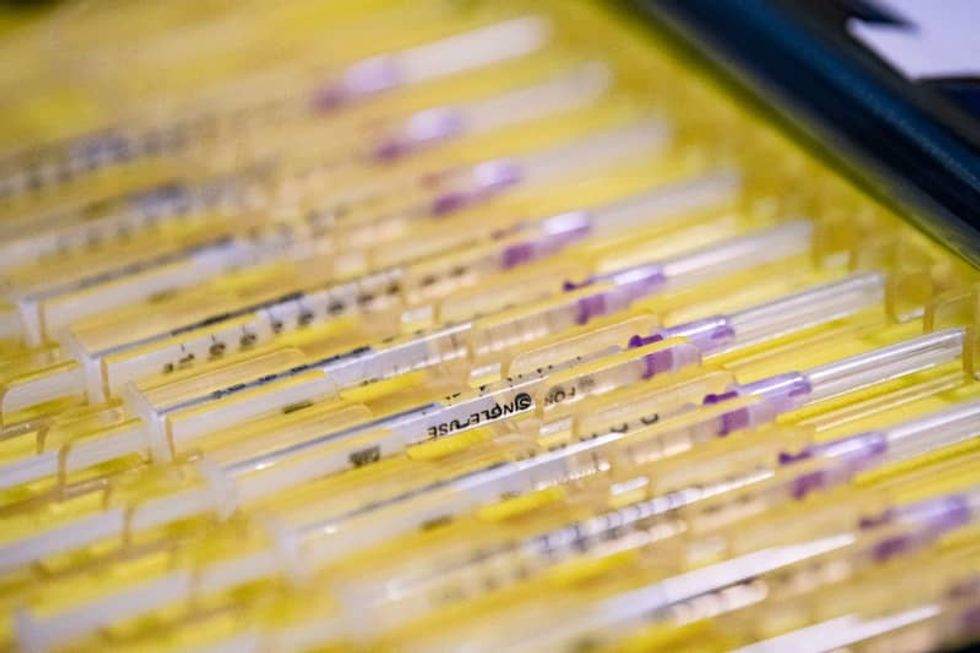

Researchers in Germany and Israel say they have found clues as to what could be the cause of cases where Covid-19 vaccinations led to heart muscle inflammation.
Although such a side effect is extremely rare and usually disappears without long-term problems, it was statistically more frequent in male adolescents and young men after immunisation with mRNA vaccines and was feared to contribute to vaccine hesitancy.
Researchers publishing their findings in the New England Journal of Medicine in September say we now have a better understanding of how and why the so-called myocarditis develops in certain people.
When analysing blood samples from patients who had a heart muscle biopsy after their myocarditis, researchers detected one kind of antibody that can lead to inflammation that the patients had in common.
Especially in male adolescents and young men, the scientists found so-called autoantibodies against a central internal inflammation inhibitor (interleukin-1 receptor antagonist).
This autoantibody favours the effect of pro-inflammatory messenger substances, according to Lorenz Thurner from Germany's Saarland University Hospital (UKS) in Homburg, involved in the research.




